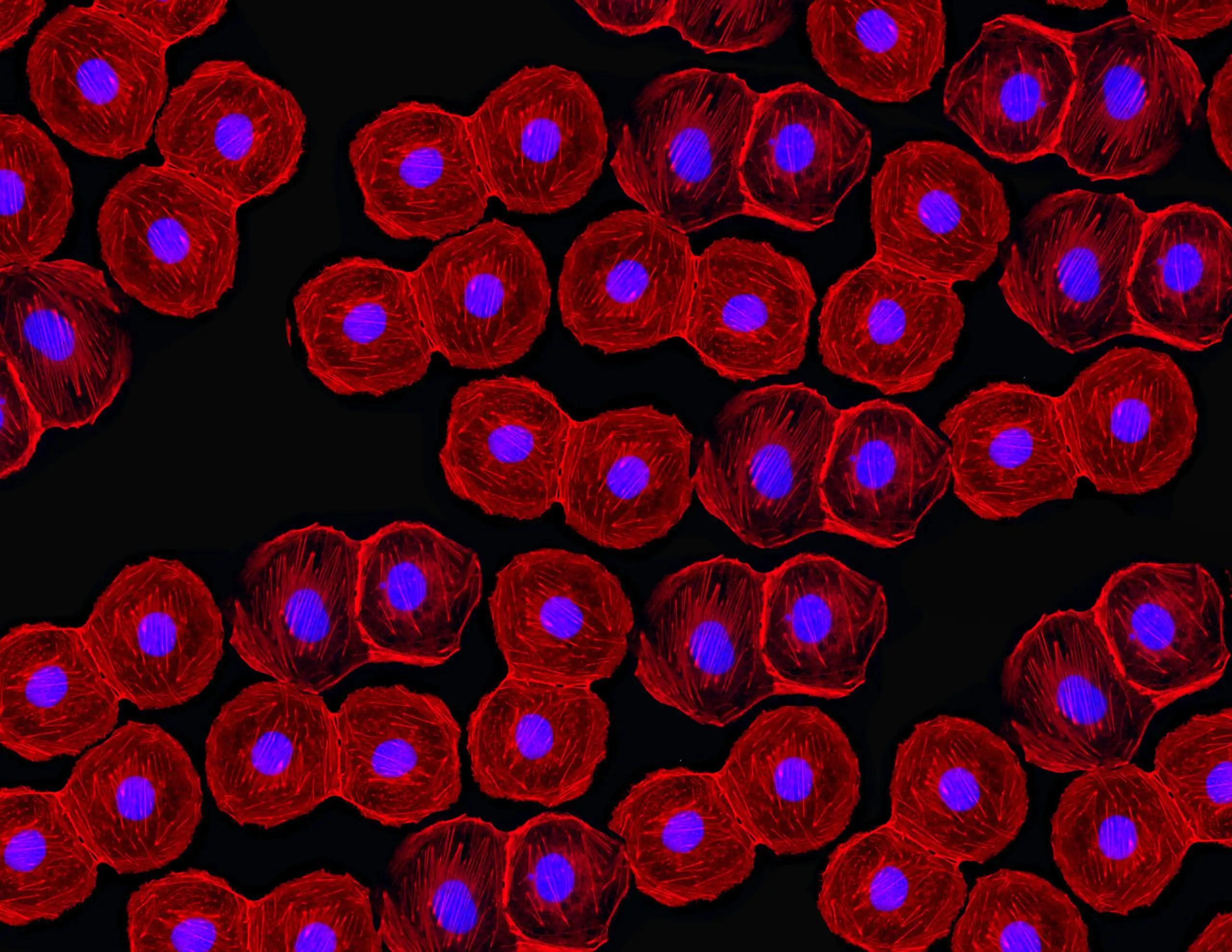KEY TAKEAWAYS
- The phase 2 study evaluated a frontline-tailored treatment for indolent clinical forms of MCL using a combination of ibrutinib and rituximab.
- The patients underwent a combination treatment of ibrutinib daily and several doses of rituximab. Ibrutinib could be stopped after two years if MRD remained undetectable.
- The study showed that adopting an MRD-driven strategy allows discontinuing ibrutinib in MCL patients exhibiting prolonged undetectable MRD and consistent clinical responses.
The GELTAMO open-label phase II trial included patients (pts) with previously untreated mantle cell lymphoma (MCL) with milder clinical records. The inclusion criteria required that these pts had no symptoms attributed to MCL, ECOG 0–1, stable disease without the need for therapy for a minimum of three months, non-blastoid variants, Ki-67 proliferation index of less than 30%, and had the largest tumor diameter measuring no more than 3 cm. Both leukemic non-nodal and nodal forms of MCL were acceptable for inclusion. Patients were administered a daily dose of 560 mg of ibrutinib and eight doses of rituximab at 375 mg/m2 (four weekly doses within the initial 28-day cycle, followed by day 1 of cycles 3, 5, 7, and 9). Ibrutinib could be stopped after two years of treatment in cases of sustained undetectable minimal residual disease (MRD).
The study included fifty pts (66% male; median age 65 years). At 12 months of treatment, the overall response rate (OR) was 84%, and the complete response rate (CR) was 80%, with four early discontinuations. Among the 46 assessable cases, 40 (87%) acquired undetectable MRD (sensitivity 10-5). Following 24 months, 42 out of 44 pts demonstrated a favorable response, achieving OR and CR rates of 86% and 84%, respectively. Among the 44 cases, 35 (80%) exhibited undetectable MRD. As stipulated by the protocol, 32 pts opted to discontinue ibrutinib, constituting 64% of the original cohort. Twelve pts continued treatment with ibrutinib. The median duration of ibrutinib therapy was 29 mos(1.7–51+ mos). Among the 41 cases that achieved undetectable MRD, the median duration was 60 mos(95% CI: 29–92). As per the protocol, the median duration of undetectable MRD has not been reached for the 32 cases who stopped ibrutinib. During the follow-up period of 12 to 72 months, six pts experienced disease progression, and three of them eventually died. Progression-free survival (PFS) and OS at the 48-month mark were 86% (95% CI: 75–96) and 88% (95% CI: 79–98).
As of the current follow-up, six pts are still actively receiving treatment, up to 13 pts discontinued ibrutinib due to an adverse event, seven associated with ibrutinib, with the most severe being hemorrhagic cardiac tamponade and five secondary neoplasms in four patients. Whole-genome sequencing was performed on paired tumor/normal samples from 34 pts, and the results will be presented.
The study concluded that adopting an MRD-based approach enables the discontinuation of ibrutinib treatment in pts with indolent clinical MCL who had sustained MRD and maintained clinical reactions.
Source: https://onlinelibrary.wiley.com/doi/10.1002/hon.3163_98
Clinical Trial: https://classic.clinicaltrials.gov/ct2/show/NCT02682641
Giné, E., Medina-Herrera, A., Cruz, F.d.l., Ubieto, A.J., Jiménez, J.L., García- Sancho, A.M., Terol, M.J., Barca, E.G., Casanova, M., Fuente, A.d.l., Niebla, A.M., Muntañola, A., López, T.J.G., Aymerich, M., Setoain, X., Cortés-Romera, M., Rotger, A., Rodríguez, S., López, C., Nadeu, F., Beà, S., Campo, E., Sanz, R.G. and Guillermo, A.L. (2023), FIVE-YEAR UPDATE OF THE FIRST-LINE IMCL-2015 GELTAMO STUDY. PROLONGED MOLECULAR AND CLINICAL RESPONSES WERE OBSERVED AFTER MRD-DRIVEN IBRUTINIB DISCONTINUATION. Hematological Oncology, 41: 148-150. https://doi.org/10.1002/hon.3163_98



